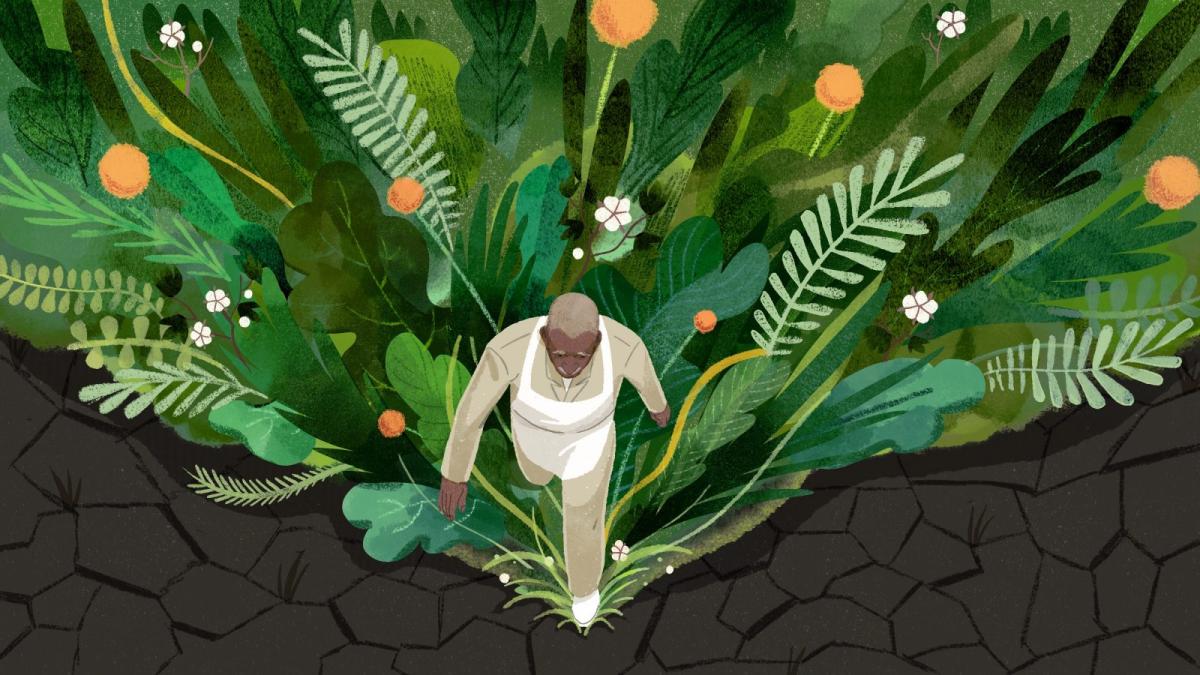In the aftermath of the Civil War, the Southeast needed a healer — someone to give back at least a little of what slavery had taken from the land and the people. Black scientist George Washington Carver stepped into that role and, in the process, revolutionized farming as we know it.
Most Americans remember him simply as the “Peanut Man,” summarizing his life’s work with what was, arguably, his least important accomplishment. Oh, sure, Carver did discover around 300 uses for peanuts, from soap to wood stains to cooking oil — but those things were almost beside the point. He didn’t set out to create new kinds of milk and paper, and, to be fair, many of his inventions never took off. (Despite misconceptions, peanut butter is not in his portfolio.) The legume played a supporting role in his bigger mission: helping Black farmers throughout the South grow enough food to sustain their families and free themselves from the oppression of sharecropping.
That noble cause led Carver to develop farming methods that increased crop yields, safeguarded ecological health, and revitalized soil ravaged by the overproduction of cotton, the linchpin of the South’s economy. No le... Read more






